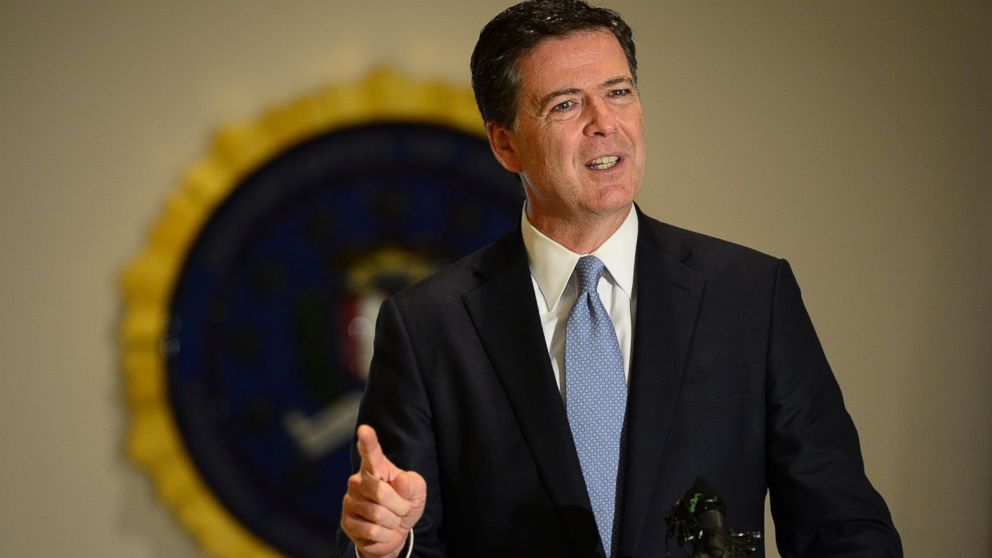Renewed Concern About Refugee Program That Placed Terrorists in Ky
A group of senators wants to know whether others here on same refugee program.

— -- A group of senators is asking whether the government has any new information about a security breach that led to a six-month shutdown of the Iraqi refugee program five years ago, and whether the United States has information on any other suspected terrorists who might have used the refugee program to enter the country.
An ABC News investigation in 2013 revealed that two al Qaeda terrorists were living as refugees in Bowling Green, Kentucky in 2009. The pair admitted in court that they attacked U.S. soldiers in Iraq. The admission prompted the FBI to investigate thousands of improvised explosive devices in its archives to see whether fingerprints on the bombs could be traced to other suspected terrorists in the United States.
Now, a growing list of senators – all Republicans – want to know whether there are other former or current known terrorists in the U.S. whom the government might have become aware of as a result of the investigations that began in 2009.
“Our law enforcement and intelligence communities deserve great praise for stopping these terrorists from killing more Americans,” the senators write in a letter addressed to Secretary of State John Kerry and FBI Director James Comey, an early version of which was obtained by ABC News. “Yet the terrorists should have never been given the chance.”
In 2011, two years after revelations about the security breached surfaced, the State Department suspended the Iraqi refugee program altogether for six months. But the Obama administration did not tell Congress about that suspension at the time.
Congress is debating whether and how to curtail the refugee program for individuals fleeing ISIS and the civil war in Syria. The Obama administration announced this year that it would accept 10,000 Syrian refugees.
According to the letter draft, the GOP senators, including Mark Kirk of Illinois, John Cornyn of Texas and David Vitter of Louisiana, are asking about the status of other possible terrorists in the United States and whether the incident led to any recommendations regarding the refugee program, as well as the findings from the FBI investigation on the other “dozens” of suspected terrorists.
In the case of the Iraq refugees in 2009, the U.N. High Commissioner for Refugees said it randomly resettled the two men in the U.S., coordinating with the State Department and the DHS' Citizen and Immigration Services bureau.
A Kentucky branch of Catholic Charities also helped with the vetting of the two men, one of whom was sentenced to life in prison while the other got 40 years.
The two men, Waad Ramadan Alwan and Mohanad Shareef Hammadi, were caught on surveillance video in 2010 in a storage locker in Kentucky handling heavy weapons, including a Russian-made machine gun and a Stinger missile launcher, which the FBI said the men thought would be smuggled to insurgents in Iraq.
Comey said recently that while the FBI has made improvements to the vetting process since the Iraqi incident, there are still vulnerabilities, especially when it comes to Syrian refugees on whom the United States does not have as extensive records as they do Iraqis.
“I describe it as a process that's gotten a lot better, but that we can't tell you is risk-free,” Comey said during testimony before the House Judiciary Committee Oct. 22.



